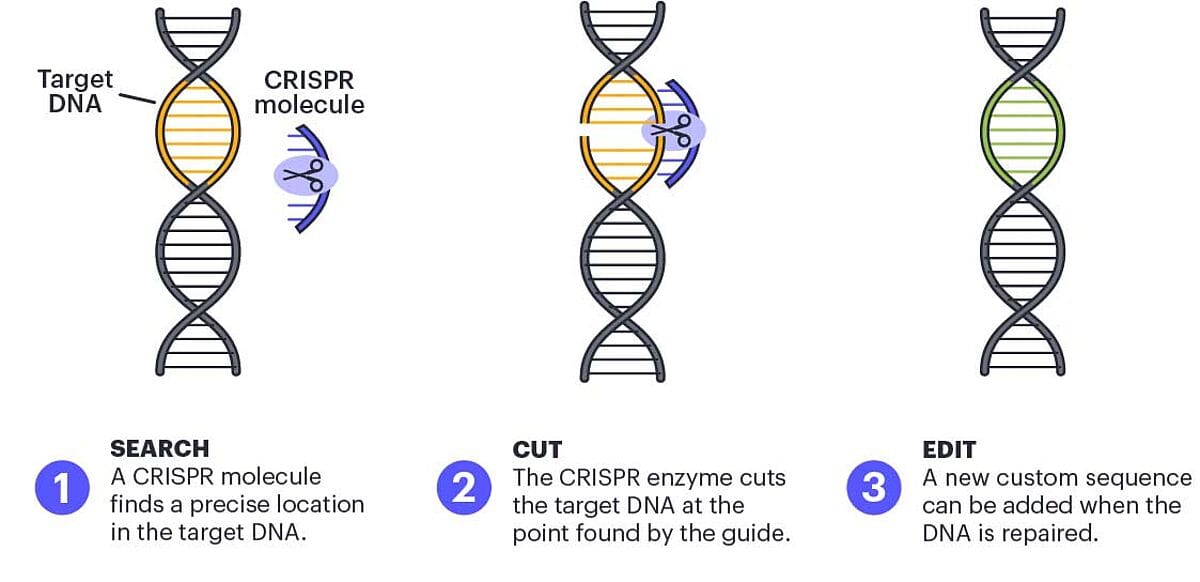As science and technology rapidly evolve, so does our ability to manipulate biology, improve healthcare, and extend the human lifespan. The idea of living indefinitely or achieving an “unlimited” lifespan is no longer purely science fiction; it has become a serious pursuit in scientific and medical research. But how close are we to achieving this goal? And could an unlimited supply of organ transplants really lead to eternal life? Here, we’ll explore the theoretical and practical aspects of unlimited organ transplants, the challenges facing artificial organs, and the promising advancements in longevity research.
Introduction:
The Dream of Immortality
Humanity has long been fascinated with the idea of immortality. From ancient myths to modern science fiction, the notion of living forever has captivated us. Today, scientists, tech giants, and research institutions are taking steps toward making longer lives—and perhaps even immortality—possible. Driven by advanced technology, breakthroughs in genetic engineering, organ replacement, and anti-aging therapies are transforming our approach to aging. However, while indefinite life remains a complex challenge, our progress raises important questions: Is it theoretically possible to live forever, and what technologies could make it a reality? Let ‘s Discuss …
Is Unlimited Organ Transplants
Allow Us to Live Forever?
One concept that sparks curiosity is whether unlimited organ transplants could lead to an extended—or even unlimited—lifespan. If a person could continuously receive new, healthy organs as their old ones deteriorate, it seems like they might be able to live indefinitely. However, the body is far more complex than a set of replaceable parts, and there are many barriers to this approach that make indefinite life challenging, if not impossible, solely through organ replacement.
Why Unlimited Organ Transplants
Alone Won’t Work ???
While the idea of unlimited organ transplants may seem promising, it doesn’t address several fundamental aspects of aging and biological decline:
- Cellular and Molecular Aging:
Aging affects more than just organs. Cells throughout the body experience wear and tear at a molecular level. Telomeres, the protective ends of chromosomes, shorten over time, and once they reach a critical length, cells stop dividing, eventually leading to organ failure. Transplants might temporarily replace failing organs, but they cannot stop the body-wide cellular aging processes.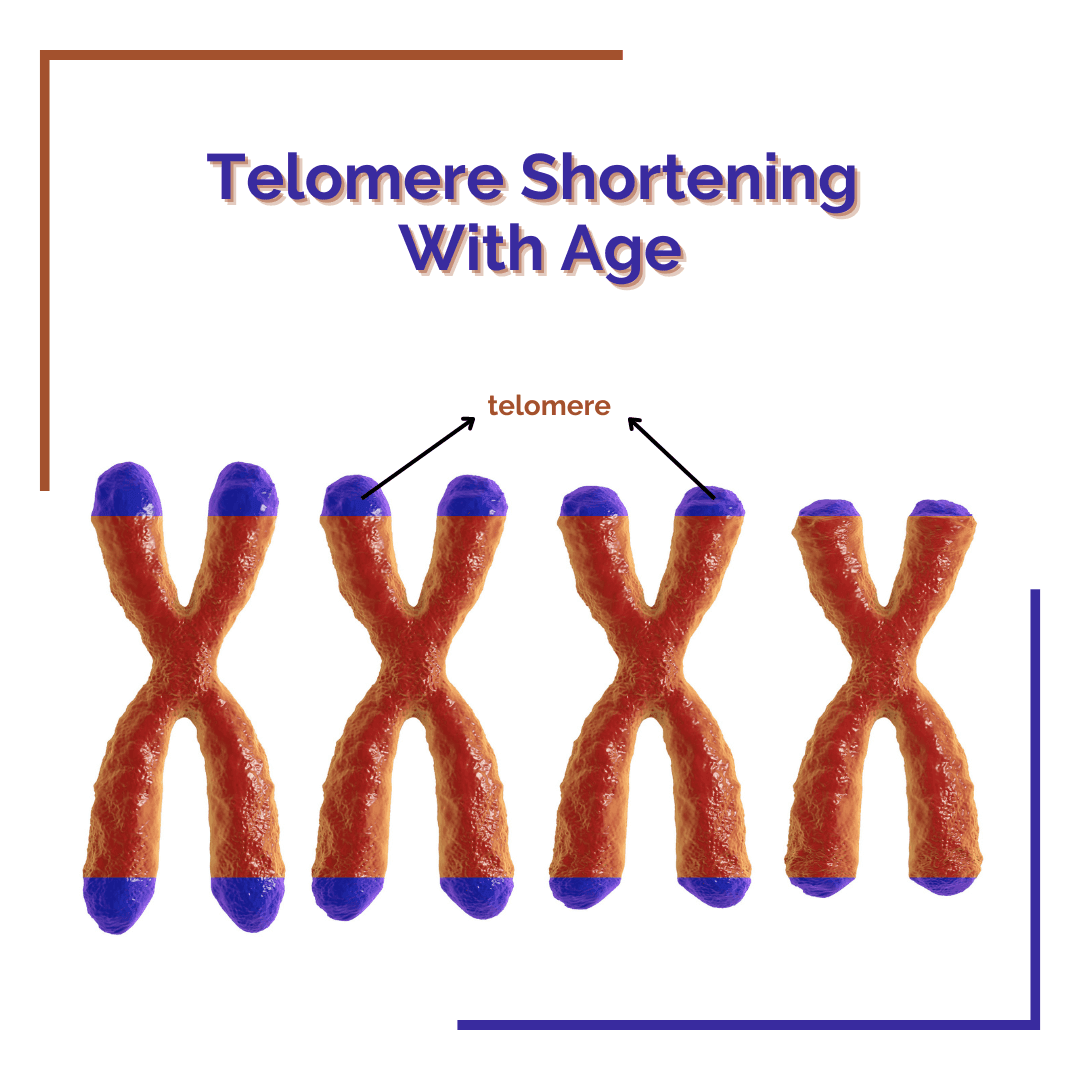
https://pmc.ncbi.nlm.nih.gov/articles/PMC3370421/#:~:text=Key%20points.-,Telomere%20length%20shortens%20with%20age.,risk%2C%20and%20pace%20of%20aging. - The Brain’s Uniqueness:
Unlike other organs, the brain cannot be replaced without losing a person’s memories, personality, and identity. Neurons, the cells in the brain, are less capable of regeneration than other cells. Aging and neurodegenerative diseases continue to affect the brain, posing a major barrier to unlimited life even if other organs are regularly replaced. - Immune System Decline:
As the immune system ages, it becomes less capable of fighting infections and managing the inflammation that comes with aging. Transplants typically require immunosuppressant drugs, which make the body vulnerable to infections and diseases. While new organs might help, they cannot fully restore the immune system’s youthful function.
- Accumulation of Senescent Cells:
Over time, cells that no longer divide but refuse to die, known as senescent cells, build up in the body. These cells release inflammatory chemicals that damage surrounding tissue and contribute to aging. Organ transplants do not eliminate these senescent cells, meaning that aging would still continue throughout the body.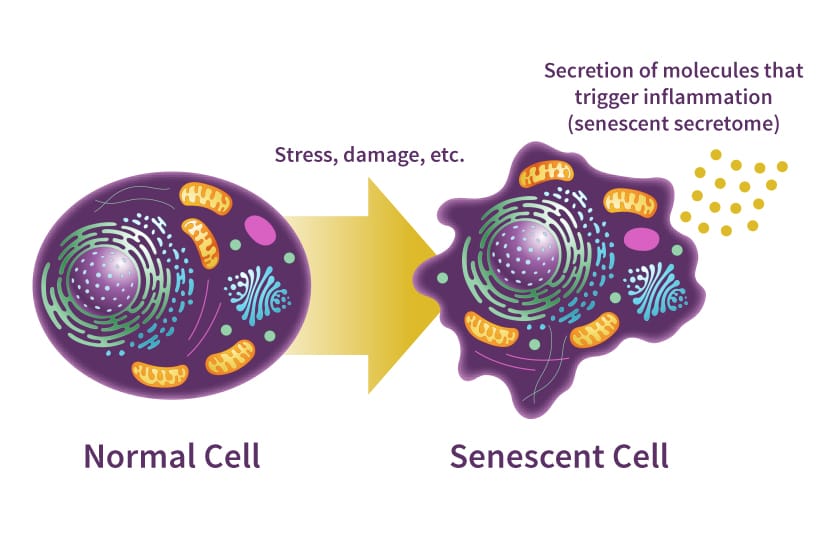
The Potential of
Unlimited Organ Transplants
and Ongoing Research
While transplants alone may not lead to unlimited life, there are still promising developments in organ replacement and rejuvenation that can significantly extend human lifespan. Companies and researchers are working on innovative ways to make organ replacement more efficient, accessible, and less reliant on donors:
- Lab-Grown and Bioprinted Organs:
Companies like United Therapeutics and 3D bioprinting pioneers such as Organovo are developing organs grown in labs or 3D-printed from a patient’s cells (The next artical will about this). This approach reduces the risk of rejection and eliminates dependence on donors. With continued advances, lab-grown organs could be available on-demand, reducing the need for immunosuppressants and helping to prolong life.
- Xenotransplantation:
The use of animal organs, particularly from genetically modified pigs, is another area of research. Recently, xenotransplants have successfully kept patients alive for short periods, but more research is needed to make this a safe, long-term option.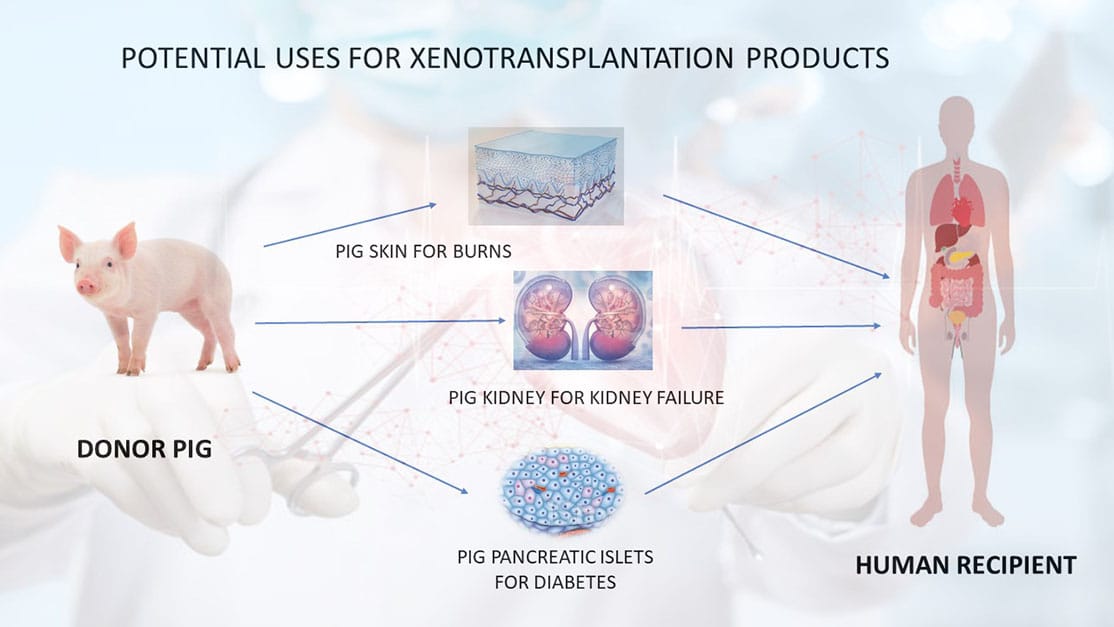
- Stem Cell Therapy and Regenerative Medicine:
Stem cells hold the potential to rejuvenate aging tissue, as they can develop into various cell types and repair damaged tissues. Companies like Celularity and research centers globally are exploring how stem cell therapies could restore aging organs or even help regenerate damaged tissues within the body.
Artificial Organs and
Challenges of Achieving an
Unlimited Lifespan
Aside from biological transplants, scientists are also developing artificial organs that could potentially replace failing ones without relying on human or animal donors. The artificial heart, for example, has already saved lives, and research into artificial kidneys, lungs, and other organs is ongoing. However, there are limitations to artificial organs as a solution to indefinite life. Let’s see the Challenges in Achieving an Unlimited Lifespan thought Artificial Organs:
- Technological Complexity:
Replicating the intricate functions of natural organs with machines is extremely difficult. Organs like the kidney and liver perform multiple complex tasks that are challenging to replicate artificially. - Integration and Biocompatibility:
Artificial devices often face issues with integration into the body, as foreign materials can cause immune reactions, inflammation, and other complications. - Power Source and Longevity:
Many artificial devices require a power source, which presents practical limitations for long-term use. Maintaining the functionality of artificial organs over a lifetime is a hurdle yet to be solved.
Future Possibilities:
Could Unlimited Life Ever Be Possible?
In the future, achieving unlimited lifespan would likely require solutions that go beyond replacing organs. Here are some promising fields that might support this ambitious goal:
- Gene Editing and Reprogramming Cells:
With advances in CRISPR and gene editing, scientists could theoretically alter genes associated with aging or reprogram cells to a younger state, as seen in recent lab tests on animals. By targeting and reversing cellular aging, scientists could extend life at a more fundamental level.
- Artificial Intelligence and Personalized Medicine:
AI can analyze vast amounts of medical data to predict disease and tailor treatments to individual patients. Personalized medicine could help prevent diseases before they even start, supporting healthier, longer lives. - Anti-Aging Drugs and Senolytics:
Senolytic drugs target and remove senescent cells, which can slow down aging. Companies like Unity Biotechnology are conducting research on senolytics, and early trials in animals show promising results.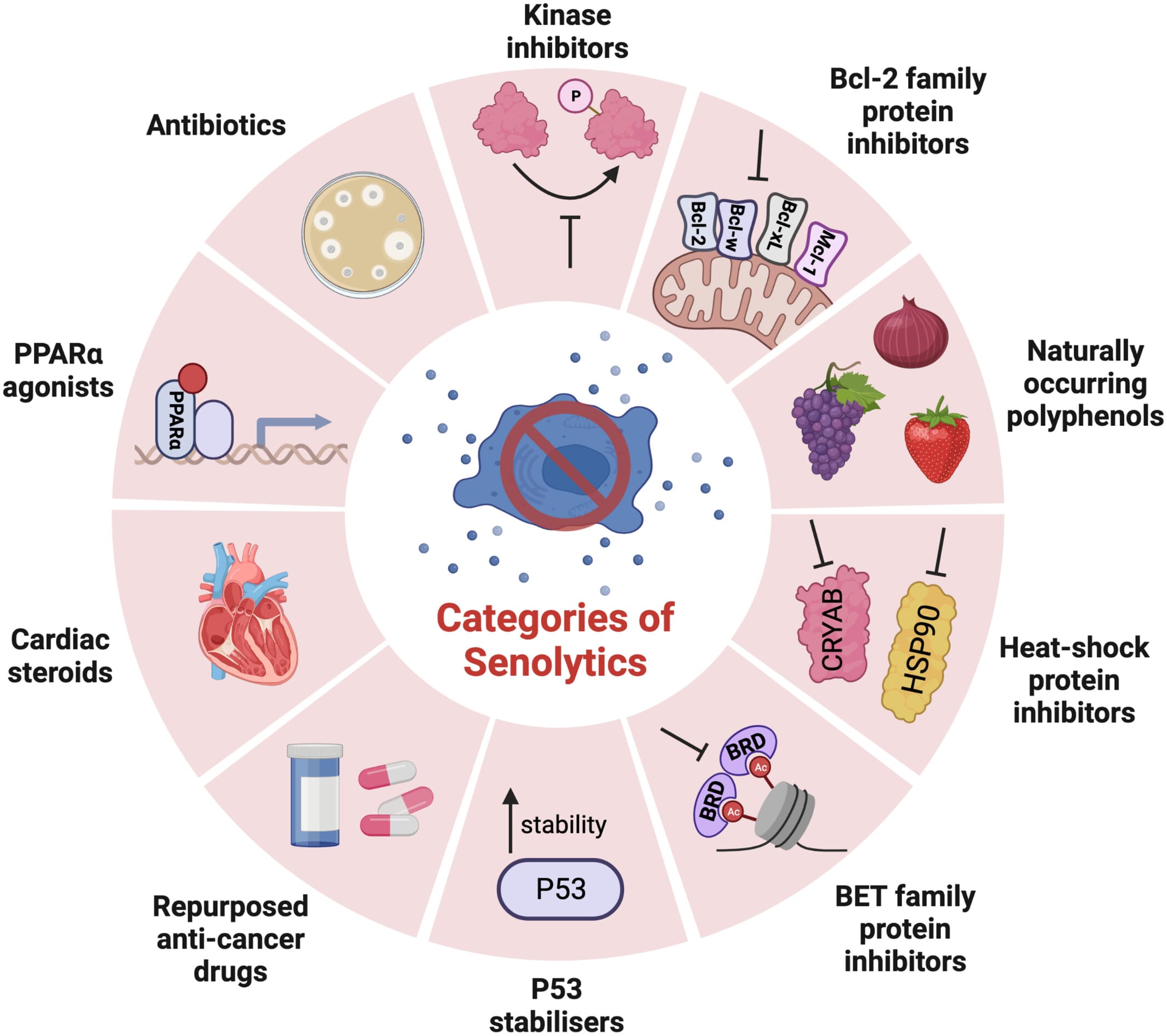
- Brain Preservation and Consciousness Transfer: Although highly speculative, some researchers are exploring ways to digitally preserve the brain’s data or even transfer consciousness. This approach would bypass biological limitations altogether, though the science is still in its infancy.
Is an Extended Lifespan Achievable?
While an unlimited lifespan remains elusive, an extended lifespan is becoming increasingly achievable. Anti-aging technologies, regenerative medicine, and breakthroughs in organ replacement are extending health spans, allowing people to live longer and healthier lives. In the coming decades, science may significantly delay aging and improve quality of life.
Companies Leading
the Quest for Extended Lifespan
Several tech giants and biotech startups are investing heavily in anti-aging research and life-extension technology:
- Google’s Calico:
Focused on understanding the biology of aging and developing interventions for age-related diseases, Calico has partnered with major pharmaceutical companies to develop anti-aging therapies.
- Altos Labs:
Supported by investors like Jeff Bezos, Altos Labs is focused on cellular reprogramming to potentially reverse aging at the cellular level.
- Unity Biotechnology:
This company is dedicated to creating senolytic drugs that can eliminate senescent cells and improve health span, showing early success in animal trials.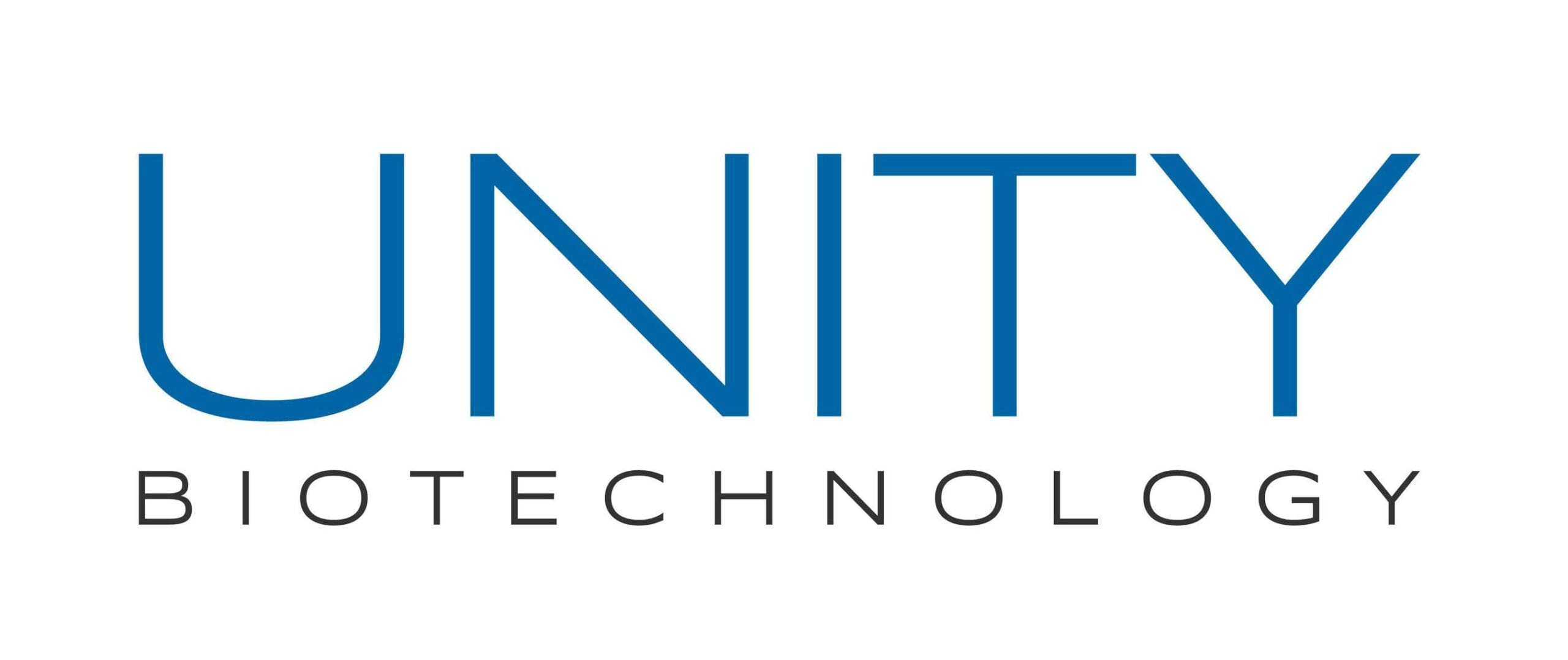
- SENS Research Foundation:
Founded by Aubrey de Grey, this foundation supports research into regenerative medicine to prevent and reverse aging.
Conclusion
Unlimited life remains a distant dream, but scientific advancements continue to push the boundaries of human longevity. Companies and researchers worldwide are making progress on both biological and technological fronts. While unlimited life may not be possible in the near future, an extended and healthier life span certainly is. As we approach this future, society must consider the ethical implications and practical challenges of a longer life, ensuring that advancements are accessible and sustainable for all.
(Click notification ![]() for more updates)
for more updates)
Artical was written by V.Harishram



